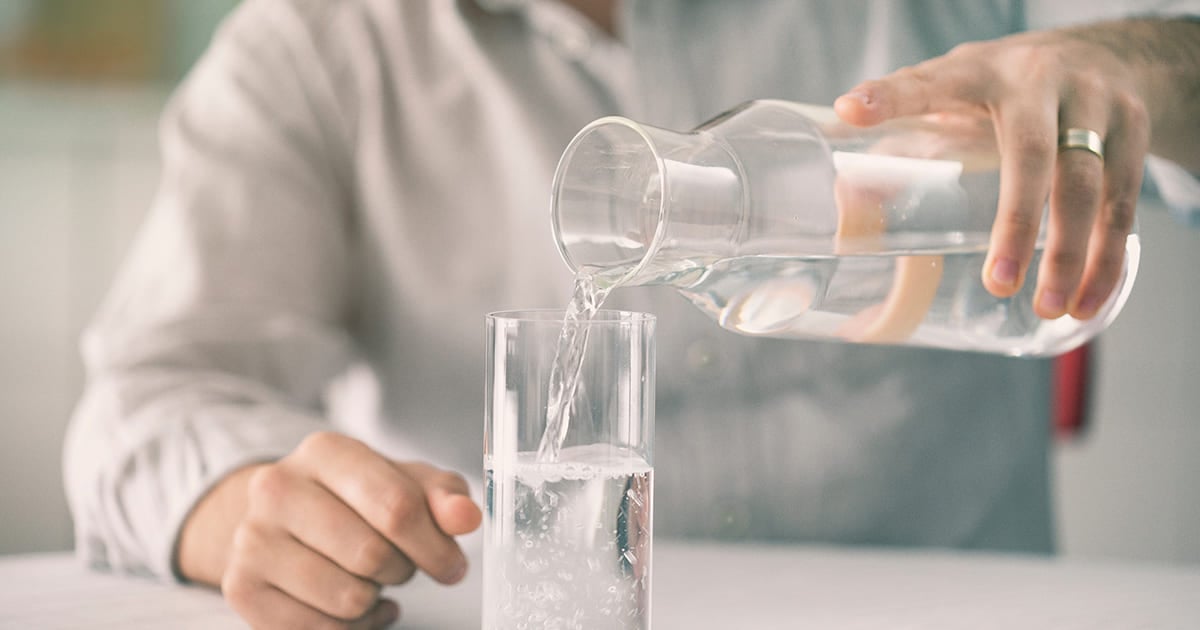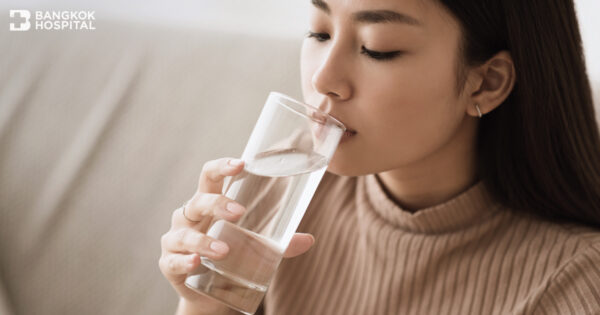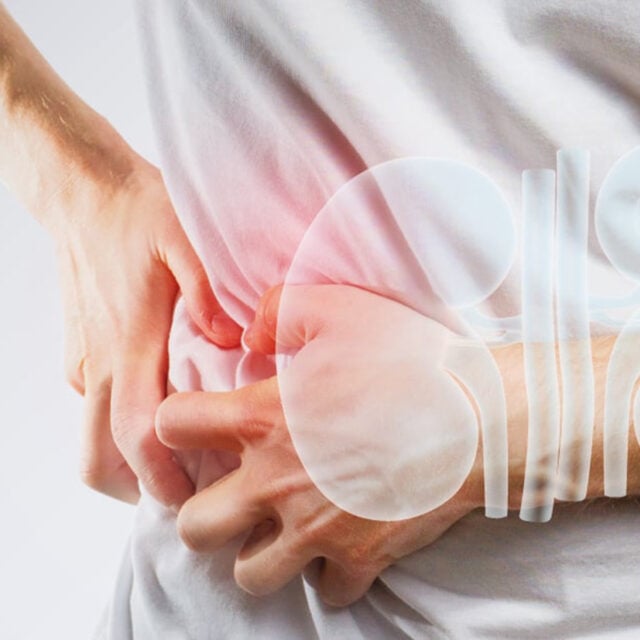Water is necessary for sustaining life because it is an important part of the body. It helps remove waste through urination, enabling balance of the bodily functions. Water is a component of blood plasma that conveys other elements of the blood and nutrition to all parts of the body. It also helps with the excretory system and prevents kidney stones formation, while making the skim firm as well.
Here are 5 secrets of how water is good for the kidneys and makes the body healthy.
1) Water is definitely good for the body.
The general suggestion is to drink 8 glasses of water every day. However, this is not always the case. A study by The United States Academies of Sciences, Engineering and Medicine has found that, on average, a man needs about 15.5 glasses, or about 3.7 liters, of water; while a woman should drink 11.5 glasses, or 2.7 liters. In any case, the requirement varies from person to person depending on: age, level of exercises, the weather, the dehydration rate, pregnancy condition, breast feeding practices, and others. As a recommendation, feeling thirsty indicates that the body is dehydrated and needs more water.
2) Color of the urine reveals hydration needs.
Dark yellow urine implies that the body needs rehydration, whereas light yellow urine indicates that the body is sufficiently hydrated. However, certain types of medicine may influence the urine color – such as vitamin B or vitamin B2.
3) Must be cautious about too much hydration.
This is common among psychiatric patients who may have consumed a lot of water for a sustained period, or marathon runners who need plenty of fluid for rehydration. In these cases, though the kidneys are functioning properly, it can lead to a condition known as “water intoxication”. This happens when water dilutes down too much sodium in the body and causes “hyponatremia”, which can be life-threatening because of the swelling in the brain.

4) Limited hydration in some cases.
Patients with chronic kidney diseases or pulmonary edema brought on by a heart disease may easily experience shortness of breath because of too much water and sodium retention in the body. In addition, the patients’ ability to remove water from the body may have also decreased. Therefore, taking in a lot of water may not be ideal, and consequently limited hydration becomes necessary.
5) It may be acceptable to reduce hydration on occasions.
When it is necessary to make a long journey and using a toilet may not be convenient, because holding urine for an extended period is a cause of cystitis, therefore in certain cases it is possible to relax the hydration requirement. However, if a person suffers from urinary tract infection, it will become necessary to drink a lot of water so that the infection is cleansed through urination.
Because the hydration requirement differs from person to person, it is therefore important to adjust water intake appropriately according to each person’s needs and situation. In any case, drinking water regularly will help keep the body in balance and remain healthy.









